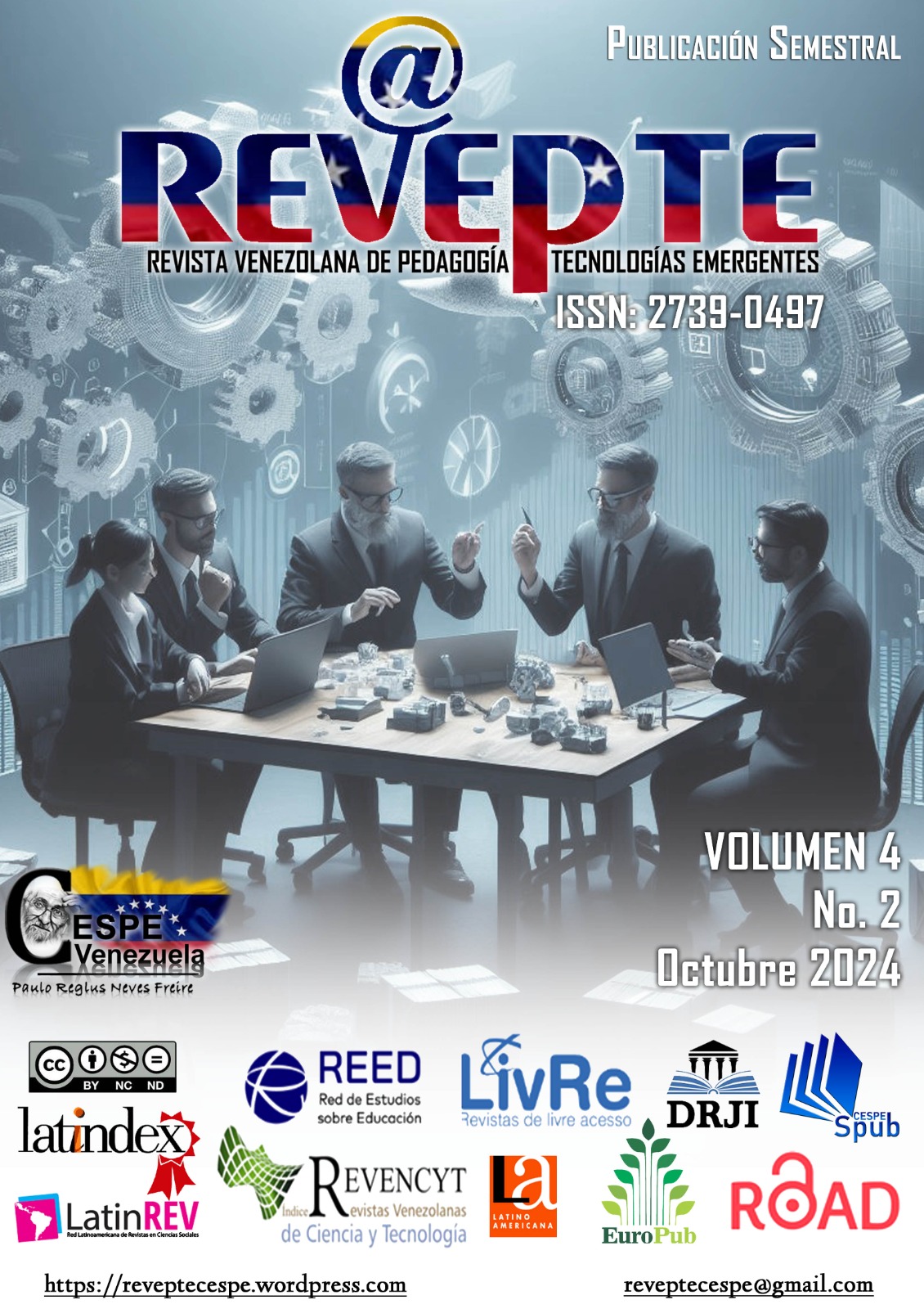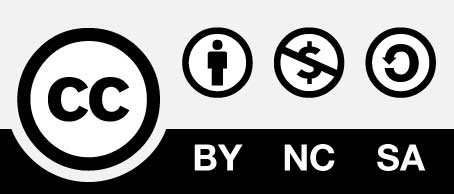Experiences Of Techno-Pedagogy In The Subject Fundamentals Of Television
Keywords:
Didactic conception, TAPCK, ICT resources, blended learningAbstract
The presentation is intended to address aspects about technopedagogy as theoretical design in the transformation of teaching-learning activities in the university environment, in the career engineering in telecommunications and electronic, focused on the didactic action of the subject ―Fundamentals of the Television‖ in the course for workers, where the teaching form predominates. The use of educational resources (digital and laboratory) and its effectiveness lead to need, to implement educational innovations from the pedagogical, using techno -pedagogical designs that integrate the contents and favor the development of professional skills. The complexity of the contents of the subject and the insufficiencies identified in the teaching-learning process, leads to the theoretical deepening of new pedagogical designs that support the digital transformation into the educational media and tools of laboratories, aimed. The partial results are based on addressing from the theoretical the techno-pedagogical design, the instructional design and the TPACK model, as theoretical foundations to address the objective of the research.
References
Bedregal Alpaca, Norka (2017). La enseñanza asistida por las Tecnologías de la Información y Comunicación: ¿Qué? ¿Cómo? ¿Por qué? Arequipa, Perú. Universidad Nacional de San Agustín.
Benítez Cárdenas, Francisco; et al. (2006). El impacto de la Universalización de la Educación Superior en el proceso docente educativo. En: Colectivo de autores. La nueva Universidad Cubana y su contribución a la universalización del conocimiento. La Habana, Félix Varela. (pág. 147-155)
Cabero-Almenara, Julio y Llorente-Cejudo, Carmen (2018). La alfabetización digital de los alumnos. Competencias digitales para el siglo XXI, Revista Portuguesa de Pedagogía, 42 (2), 7-28. https://doi.org/10.14195/1647-8614_42-2_1
Campos, Rosalynn (2017). Diseño tecnopedagógico de objetos de aprendizaje adaptados a estilos de aprender. Tesis para obtener el grado de Doctor. Universidad de Salamanca. Ecuador.
Carrión, Roque (2020). Uso de las TAC y su relación con las competencias digitales en estudiantes de educación de una universidad pública. [Tesis de Maestría. Universidad Peruana Cayetano Heredia. https://www.researchgate.net/publication/341605794
Cebrían, D. y Monedero, J. (2016). Evaluación educativa con tecnologías. En Gallego-Arrufat, María Jesus y Raposo Rivas, Manuela (Coords), Formación para la educación con tecnologías (pp. 135-150). Madrid: Pirámide.
Díaz Barriga, Frida; Rigo, Marco Antonio y Hernández, Gerardo (2015). Experiencias de aprendizaje mediadas por las tecnologías digitales. Pautas para docentes y diseñadores educativos. México: Newton.
Doering, Aaron; Veletsianos, George; Scharber, Cassandra y Miller, Charles (2009). Using the Technological, Editorial UTN.
Flores, Fernando Agustin., Ortiz, Margarita Cristina., & Buontempo, Maria Paula (2018). TPACK: un modelo para analizar prácticas docentes universitarias. El caso de una docente experta. REDU - Revista
Garduño, Elvia (2020). Propuestas tecnopedagógicas para la webcente universitario.
Roman-Acosta, D. . (2023). ALIANZAS, FORMACIÓN Y EXPERIENCIAS: CAPACITACIÓN ONLINE EN REDACCIÓN DE ARTÍCULOS CIENTÍFICOS. Revista Venezolana De Pedagogía Y Tecnologías Emergentes, 3(1). https://revistascespe.com/index.php/REVEPTE/article/view/18
Ministerio de Comunicaciones (MINCOM). (2017). Política Integral para el perfeccionamiento de la Informatización de la sociedad en Cuba. Consultado el 5/02/2020
Ministerio de Educación Superior (MES): «La modalidad semipresencial», documento de trabajo, La Habana, 2006.
Ministerio de Educación Superior. (2017). Plan de estudio “E” Ingeniería en Telecomunicaciones y Electrónica.
Ministerio de las Comunicaciones (MINCOM). Perfil del profesional. Consultado en: 6/03/2020.
Downloads
Published
Issue
Section
License
Copyright (c) 2024 Luis Rolando Roba Iviricu (Autor/a)

This work is licensed under a Creative Commons Attribution-NonCommercial-ShareAlike 4.0 International License.






